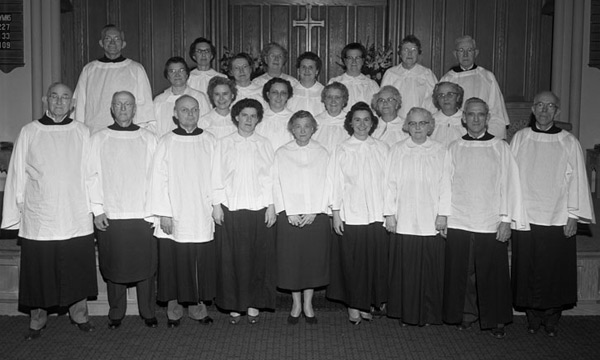We’re excited to announce two new client libraries for the Wordnik API: an official Ruby gem and a Python package.
The Ruby gem is available on github and rubygems, and the Python package is on github and pypi.
To illustrate the use of these libraries we’ve also put together “Hello Dictionary” apps in both Rails and Django. Both apps live in the wordnik/api-examples repo on github (here are direct links to the Rails app and the Django app). The README for each project shows some example usage, and for the Rails and Django apps, the README is a tutorial that takes you from scratch to a fully-functional dictionary app in about 15 minutes.
As always, let us know if you have questions or find bugs, and let us know what you build! Code contributions are gratefully appreciated, and we’d like to sincerely thank Martin Marcher and Vince Spicer for their contributions to the Python library, and Jason Adams for inspiring the Ruby work. We’re currently working on a full-fledged PHP library, and plan Java and Objective-C libraries down the line (in the meanwhile basic examples are available in all those languages). If you have suggestions or requests for support in other languages, please let us know.
